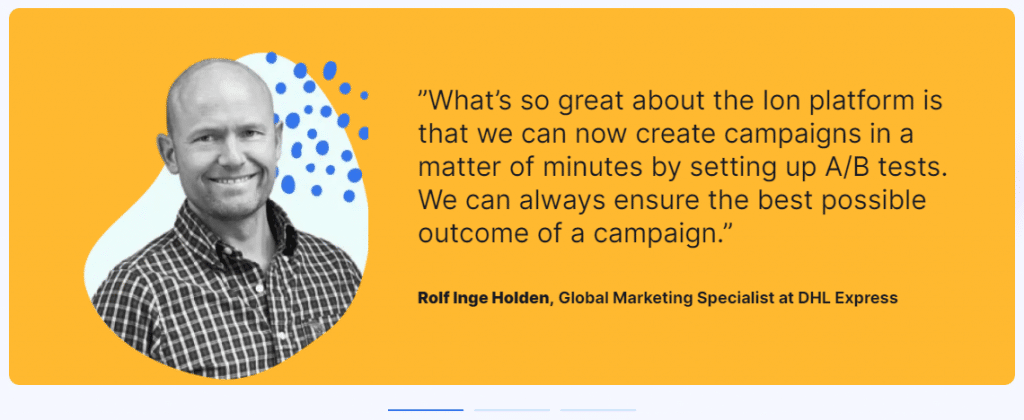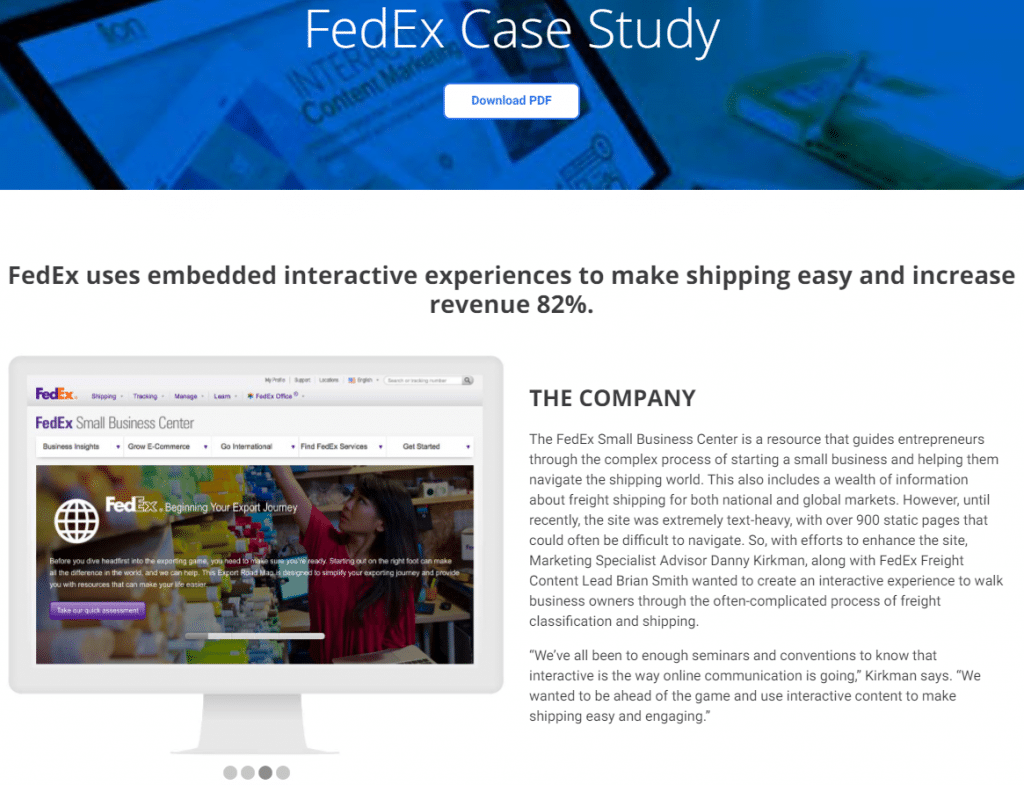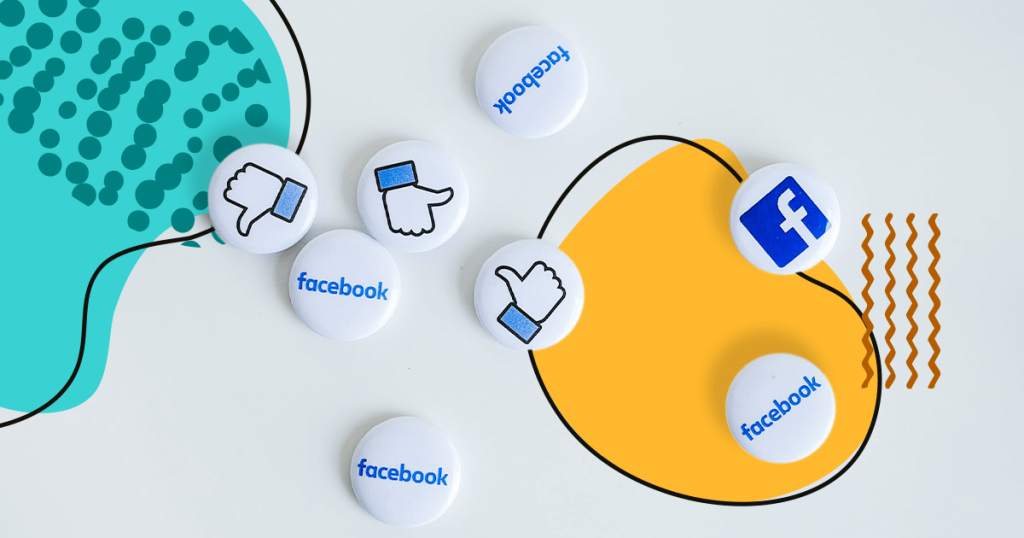Let’s say you want to purchase a new computer.
You search around on different websites to find one that fits within your budget and has all the additional features that you wanted.
You’ve read the product description and looked at the photos on the listing and everything seemed to be a great fit.
But, as you go to add the item to your cart, you notice the reviews for the computer are only 2 out of 5 stars.
Suddenly, your entire perspective on the computer has changed.
While just moments before you thought this was the perfect deal, now you are filled with doubts about the purchase and want to put in more research before making that final decision.
That’s the power of social proof.
Whether it comes from industry influencers, reviews, social networks, or from friends and family, the opinion that others have about a product can make a huge difference in your feelings towards it.
In this article, we’ll take a look at what social proof is and how it works, as well as give social proof examples that you can use towards your advantage in marketing and sales strategies.
What is Social Proof?
Social proof is the theory that people will make their decisions based on the choices of other people.
In marketing, that typically refers to evidence about a product or service from people that will help to influence other buyers.
As a marketer, you want your social proof to be positive and encourage your leads and prospects to give your products and services a chance.
Therefore, having different social proof examples built into your marketing strategies is important to ensure that you have some level of control over the psychology of your customer base.
The Psychology of Social Proof
Social proof isn’t just a marketing idea — it’s a proven psychological theory based on the behavior of humans.
As societal animals, human beings will depend on the choices of others to help them through uncertainty.
And chances are, you’ve been influenced by social proof many times in your life.
As people change the way they buy products and services, they tend to rely on the earlier opinions formed by those who have used said products or services over the statements made by the company.
After all, a salesperson isn’t going to want to tell you the potential downfalls of a product.
But if a testimonial from a user claims that a product works or a service got them results, it creates a sense of trust and legitimacy in the company that the business can’t create itself.
Why is Social Proof Still Relevant?
Social proof hasn’t lost its relevance over time. In actuality, social proof is more important now than ever before.
As more and more customers conduct their own research before ever reaching out to a salesperson, social proof is often the first “point of contact” your company will have with a prospect.
Social proof works differently than other marketing and sales strategies because of the psychological impact it has.
Using social proof to your advantage means that not only are you sharing success stories and promoting your product or services, but you are guiding prospects in the direction they innately want to go with the evidence they are looking for.
Beware of Negative Social Proof
It’s important to keep in mind that social proof isn’t just a positive feedback loop.
Think back to our computer example.
Just as it can guide your leads towards making a purchase, social proof can just as quickly detract them from wanting to choose your products or services.
It’s another reason why having a strategy for utilizing social proof is a key step towards digital marketing success.
6 Social Proof Examples
So what are examples of social proof?
And how can you use them to your advantage when planning a marketing or sales strategy?
Let’s take a look at social proof examples and how you can use them in your business.
1. Testimonials
Testimonials are quick endorsements from your customers about your products or services.
Usually, in video or quote format, a testimonial comes from real customers who want to share their experiences with your brand and recommend you to other potential leads.
How to use testimonials strategically
Testimonials are great for your strategic plan because you have control over which testimonials you display and promote on your website.
You can pick ones that feature certain products during a sales push or that highlight some of the benefits your company has that are unique.

2. Influencer and Celebrity Endorsements
People have a sense of trust and belief in the opinions of influencers and celebrities, as well as a desire to emulate and mirror their behaviors.
Therefore, getting celebrity or influencer endorsements on your products adds another layer to the psychological impact of social proof.
How to use endorsements strategically
Endorsements are something that typically needs a budget.
Celebrity endorsements in particular can be quite expensive, so many companies want to use local or industry influencers to help drive awareness and sales.
But be cautious — when you tie your brand to the brand of a celebrity or influencer, the two reputations become entwined.
If a brand ambassador for your company does something that audiences view as untrustworthy, your company reputation can also take a hit.
3. Reviews
Reviews are the feedback given by any user or customer about your products and services.
This type of social proof can be found on search engines like Google, eCommerce sites like Amazon, or on specialty review sites like Yelp or Tripadvisor.
How to use reviews strategically
Reviews can be difficult since they are out of your control and in the hands of users.
While we all hope that people enjoy our products and services and will recommend them, it’s not always the case.
The biggest mistake you can make is to try and hide or delete negative reviews, since that will only reflect poorly on your company’s trustworthiness.
Instead, try replying quickly to negative reviews with a sincere apology and an offer to make up for the situation.
4. Social Sharing
Social shares are a great way to connect with prospects as more and more people spend time on social media.
When you have posts that are shared, people have more trust in your brand, as it’s not just your accounts that promote your company.
How to use social sharing strategically
Social sharing is highly dependent on the type of content you create.
Fun images, detailed infographics, and entertaining videos are going to get more social shares than plain text posts.
Spend time developing your social media strategy to be engaging and interesting enough that followers want to share the content.
5. Awards and Mentions
While social proof largely comes from your customers, it can also come from other organizations.
When your brand gets a write-up in a magazine or on a website, or receives an award, sharing it is a great way to add additional trust in your company.
How to use awards and mentions strategically
While you can’t guarantee you will receive awards or mentions, you can try and apply for as many opportunities as you can.
Search for industry awards opportunities or publications looking for features.
When you do receive an accolade, display it on your site and share it on social media with heartfelt thanks.
6. Case Studies
Like testimonials, case studies are real-life examples of success from your customers.
What makes them different is the amount of depth put into the proof.
Case studies typically are longer-format content pieces that go into detail about the exact outcome a customer had.
How to use case studies strategically
Your case studies are another example of social proof that you have control over.
Picking customers who have had great results with your product or services can help build trust with prospects, and the level of detail and the statistics you display is up to you.

Wrap Up: Maybe Social Proof is What’s Missing from Your Strategies
Social proof is an important and effective way to use psychology and the positive feedback your company receives to your benefit.
Using social proof strategies that build trust and goodwill towards your products or services while keeping an eye out for ways that social proof can impact you negatively, ensures that you have all the ground covered.
The ultimate goal of social proof is to increase the number of conversions coming in from online sources.
For more information on how you can increase online conversions, check out our free resource and reach your revenue goals today.






![What is an Interactive Brand Experience? [+ How to Create One]](https://rockcontent.com/wp-content/uploads/2021/08/interactive-brand-experience-300x158.png)

